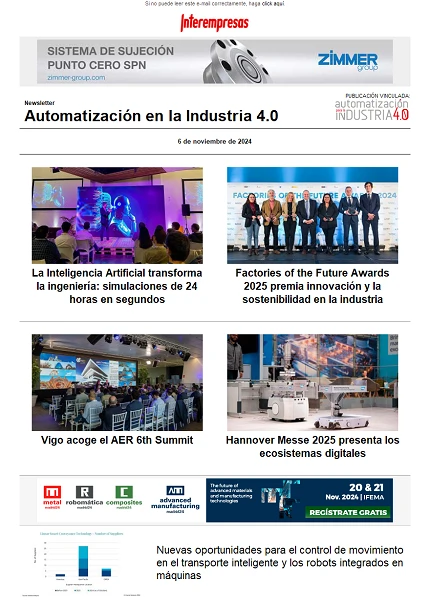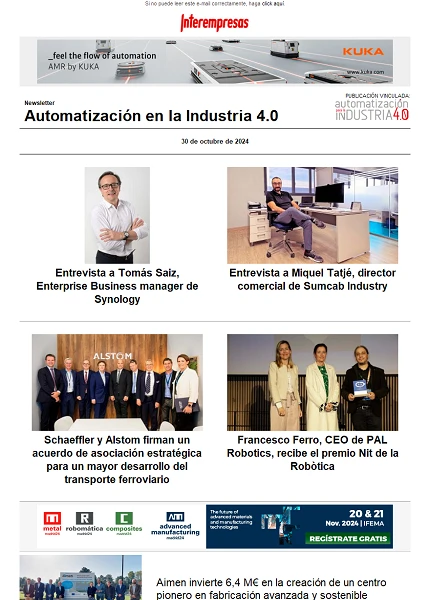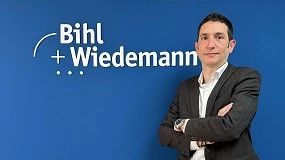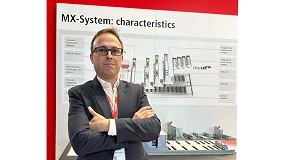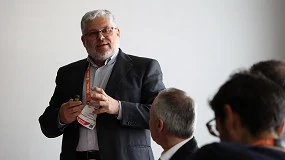A drill to the measure for the mold of Industrias Imar
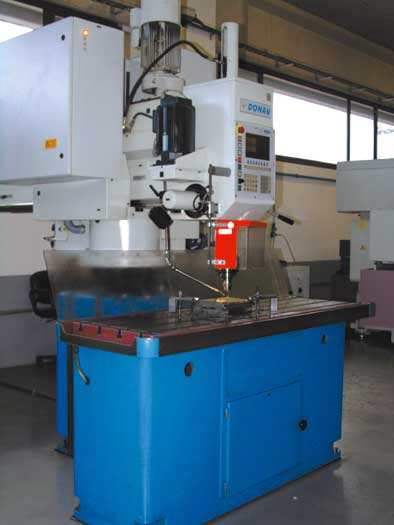
Industrias Imar is the pioneer in the manufacture of sheet perforated in Spain.
The main applications of their products are found in the sector of the construction, roofs, bridges, facades and other decorative elements. But no less important are other many sectors as the bakery, which uses the sheet perforated as a basis for introducing mass in ovens, of transport, the household appliances, machinery for various sectors or the acoustics. The latter is one of those who are more growing as a result of the changing needs of society. He uses perforated sheets that serve as support for acoustic screens and whose holes act as filters for certain frequencies.
A second business line is expanded metal, fashionable in construction lately. Eduardo Múgica, Technical Director, said: "we have opted for a new machine and it's a line in full growth." "We do from filters for hoods hoods to decorative elements for construction, etc."
Interesting applications for perforated sheet can be found today in many buildings. To cite any of the geographical environment of the company, the buildings of Ericsson and Euskaltel in Parque Tecnológico de Zamudio, presented attractive aesthetics, inter alia by the use of this type of sheet metal. But also the roofs of the airports of Madrid and Barcelona, among others, or the façade of the Córdoba Ave Station have trailed his aesthetics thanks to this type of sheet outputs of Industrias Imar.
But the perforated sheet of this manufacturer is not here, but is used by the whole Spanish, Europe, South America and Asia.
Industrias Imar works on request, but it also develops its own products, it offers to the market. "We normally work to measure, i.e. we punched sheets specific for very specific applications that ask for a given client." The truth is that we attend all kinds of situations: orders under program, great series and even so short series as a sheet perforated in a manner determined by a decoration of a House. We contribute global solutions, which, in addition to the perforated sheet, serve finished products, with bending, welding, deep drawing, anodized, etc. "."
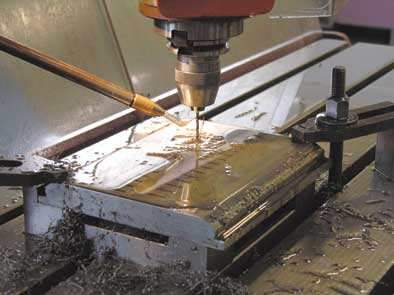
Means of production
The factory of Miranda (built in 1981) and Ortuella (2003) are different concepts. The first presses pierce the sheet in a passing normally from coil of a maximum of 4 mm thick, while in Ortuella is done in sections, typically plates presses of up to 12 mm in thickness.
In Miranda de Ebro company has 9,000 square metres, of which 6,000 are built and in Ortuella 5,000, of which 3,500, are built in both factories is has plenty of room for possible future enlargements.
The process is based on layers of plate lisa, which was drilled in special drill presses. A few die Imar builds are used to this in their own facilities. The perforations may be round, square and decorative, multiperforadas, long abocardadas-estampadas and rectangular and rounded.
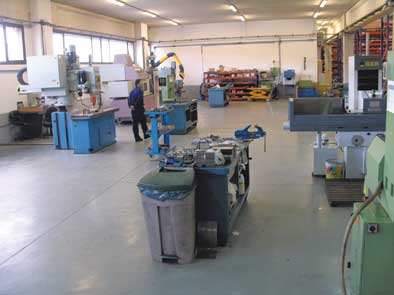
The radial drill Danumeric 440 of Donau is used for bodysurfing the matrix, the extractor and the portapunzones. Each piece can carry up to 2,000 drilleds holes, a task which was before performing in conventional drill. Now, thanks to the simplicity of the programming of the machine, her own goes unsupported and performing the necessary movements after the corresponding preparation. The improvement in speed and accuracy is more notable, taking into account that we are talking of hundredths of millimetres. "It's the perfect machine for a type of drilling that requires great precision and very demanding surfaces." After evaluating other similar machines present in the market, we opted for this, whose operation we were looking at the fair EMO exhibition in Hannover, where its performance and relation price/performance we ended up convincing. "We are at a level of demand for very high precision, so that the drill should have very specific characteristics".
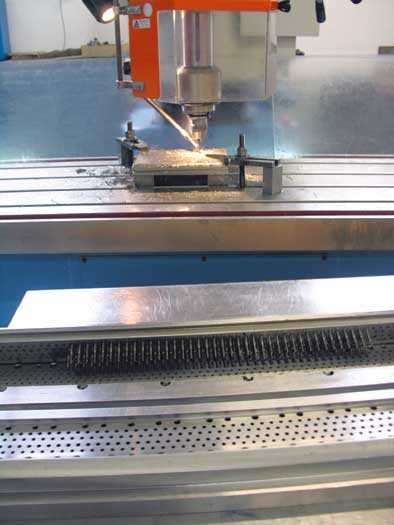
Another factor taken into account when purchasing the machine Donau was related to the service, assured on this occasion by ASM. Get "in our case, just to make sure a good service, we used to go to well-known brands, said Eduardo Múgica." The proximity and the reliability of the provider are important. "Let us not forget that we do not have the machine in conditions at a given time may be losing an order".
It is a robust machine that perfectly supports very long productions. In addition, you need very little maintenance, says Miguel Tapia.
The length of the drills that carrying out the dies is, a maximum of 50 mm of depth, although the most common are 10 mm In short, a type of work for which appears have been built to suit the 440 Danumeric.

